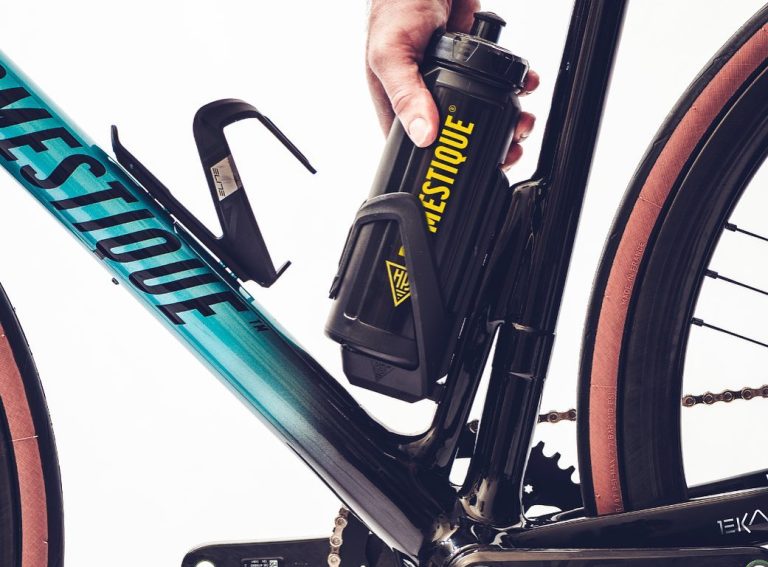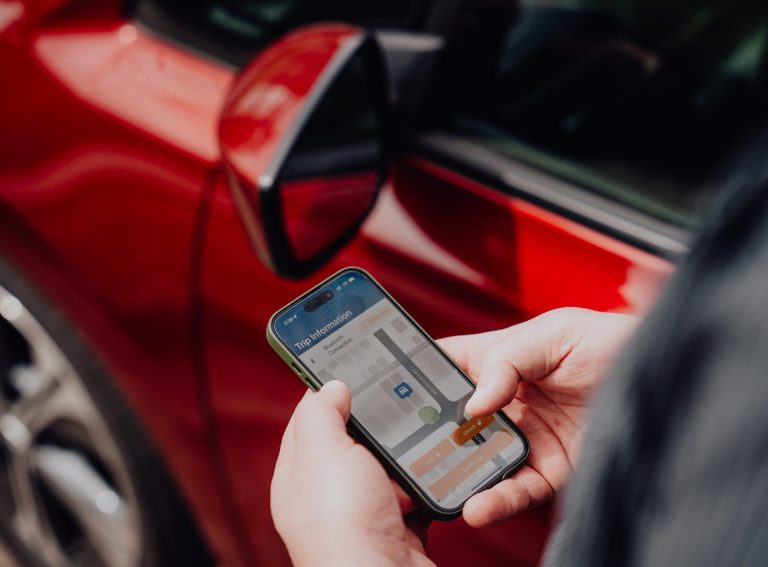Global micromobility software platform Urban Sharing will launch Version 2.0 of its new fleet optimisation platform next month to support shared operators with on-street operations.
Whether it is rebalancing, battery swapping or maintenance tasks, the ‘Urban Crew’ app and Control Center are built for suggesting the best possible operational solutions based on both historical and real-time data.
“Shared micromobility operators face the daunting task of juggling numerous operational challenges,” Urban Sharing’s Chief Revenue Officer Tom Nutley told Zag Daily.
“Urban Crew offers a comprehensive solution with a unified interface, leveraging key data points, local operator knowledge, and Service Level Agreements (SLAs) to enable field teams and operations managers to efficiently oversee, manage, and automate their tasks.
“This ensures SLAs are met, resources are optimised, and users have access to functional vehicles precisely when and where they need them.”
The Problem
“On-street operations must constantly adapt to ever-changing macro conditions,” Tom said. These include weather variations, traffic conditions, and user demand that shifts with micro conditions such as parking availability, peak times, transport strikes and school holidays.
According to Tom, supply rarely matches demand with more riders than vehicles available. Combined with resource constraints, such as limited teams and vehicles, makes managing this more difficult and employing seasonal staff during peak times can be costly for the operator.
Service Level Agreements are often imposed by city authorities which typically include requirements for vehicle availability, response times for addressing broken vehicles, and minimum ridership levels. While these SLAs dictate operational standards for micromobility providers to ensure quality service for users, Tom believes they can place additional pressure on operators who may receive penalties or have their permits revoked if they don’t comply with the SLAs.
A fourth challenge is technological fragmentation. On-street operations include rebalancing, maintenance of vehicles and stations, broken vehicle collection, and charging management to name a few yet operation centres and field teams often use many applications to manage each part of the operations which can make it more confusing.
“These challenges on their own are difficult to deal with, but combined it is almost impossible.”
The Solution: Urban Crew
Urban Crew, available in both Web Platform and Android Application, uses a data model that considers key data points such as historic usage patterns, weather changes, routing and resource information to give optimal task suggestions that most positively impacts an operator’s system.
It also features SLA integration and priorities to support operators to meet their customised SLAs and maximise efficiency of their systems.
Using the Urban Crew App, operators can respond to detailed task suggestions such as routing and task information. Operators can set their primary or secondary task focus to either Redistribution, Maintenance, Broken Bike Collection, or Battery Swapping. Urban Crew will provide proactive tasks to meet the team’s primary focus, and also suggest reactive tasks for the secondary focus depending on the location that the on-street team is based at. Teams will be able to switch their primary focus between these modes during the shift.
“If redistribution is your primary task type then only rebalancing tasks will be provided. However, if broken bike collection is set as their secondary task type, then if they arrive at a station to rebalance vehicles and there are broken bikes at the station, then a suggestion will be made to collect them.”
Urban Crew will launch at the end of July and will be available for the market in August.



